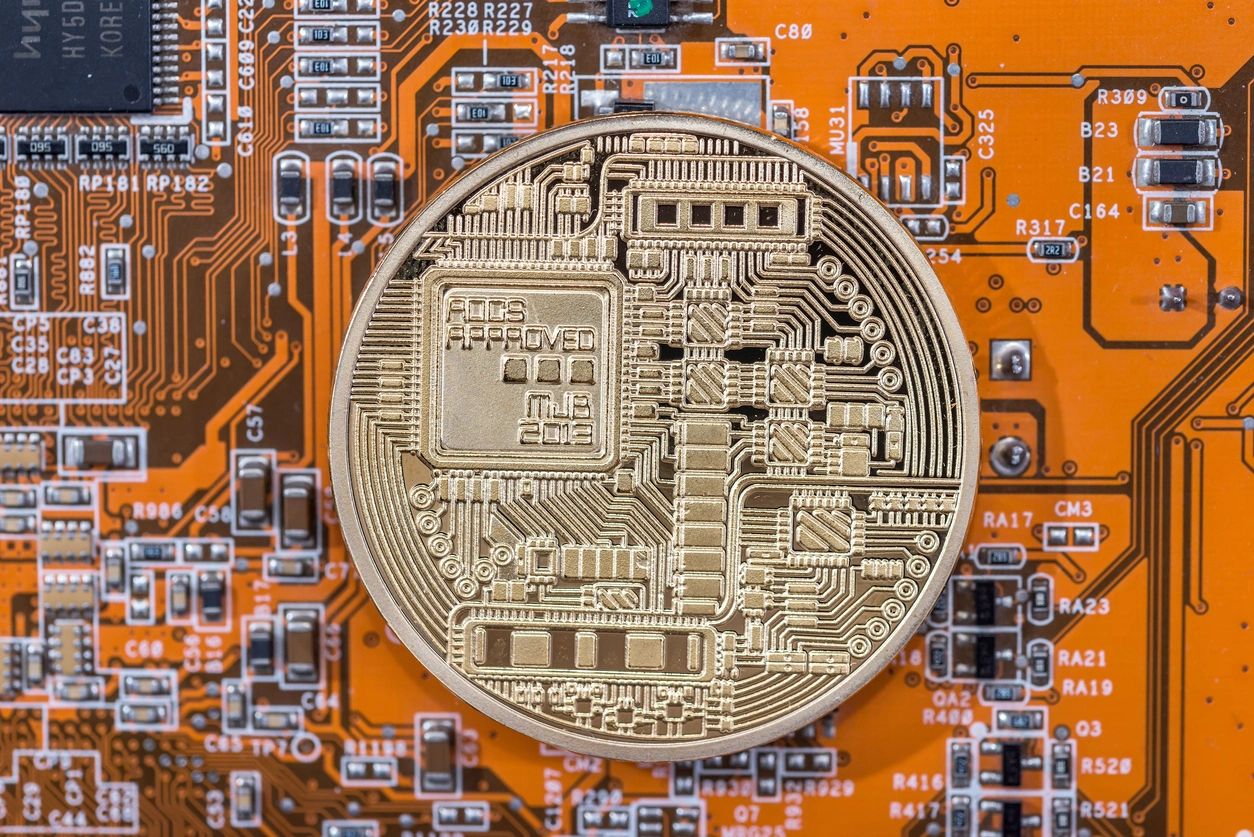Cryptocurrency has been called many things over the years—digital gold, a scam, the future of finance, a rollercoaster investment. But in 2025, it’s becoming something far more interesting: a quiet shift in how power is distributed.
This blog isn’t about coins going up or down, or which exchange is the safest. Instead, we’re diving into a different angle—how crypto is changing who gets to own, decide, and benefit from digital value in the real world.
Let’s unpack what that means, how it’s happening without most people realizing, and why it could matter to your life even if you never buy Bitcoin.
The Big Shift: From Institutions to Individuals
For most of history, we’ve depended on big systems to store value, settle transactions, and track ownership—governments, banks, stock markets, and media giants. They built the infrastructure, so they also got to control it.
But cryptocurrency flipped that idea. It said:
What if we don’t need a middleman to confirm or control our money, content, or contracts?
Thanks to blockchain, crypto allows people to own digital things directly, without needing approval from a central authority. That’s not just a financial shift—it’s a power shift.
Let’s look at a few examples.
1. Money with Rules You Can Read 🧾
Traditional currencies are controlled by central banks. If they print more money, you get inflation. If a country blocks payments or shuts down apps, your access to funds can vanish overnight.
Crypto changes that.
Every cryptocurrency runs on code that anyone can inspect. The supply of Bitcoin is fixed. Ethereum has known upgrade cycles. You can read the rules before joining the game.
That kind of transparent governance is rare in traditional finance. It gives users more predictability and long-term trust—especially in countries where currency devaluation or capital controls are common.
📖 Curious how inflation impacts global economics? Here’s a simple guide from Asset Bulletin.

2. You Don’t Just Use the Platform—You Own It 🧑💻
Imagine if every time you posted on Instagram or made a sale on Amazon, you earned a slice of ownership in the platform.
That’s the concept behind Web3 and crypto-powered apps.
In the world of blockchain, platforms often launch with tokens—digital assets that act like shares. If you’re an early user, creator, or developer, you might earn those tokens as rewards. Later, those tokens may give you:
- Voting power on future features
- A share of the platform’s revenue
- Value that rises if the platform succeeds
This isn’t about hype coins—it’s about creating digital communities where everyone has skin in the game.
3. The New Creator Economy 🎨
Artists, writers, gamers, and musicians have always had to go through middlemen—record labels, publishers, or galleries—to earn a living.
Crypto-based tools like NFTs (Non-Fungible Tokens) are changing that. They allow creators to mint unique digital works that fans can buy, resell, or even stake. Platforms like Zora, Sound.xyz, or Foundation help creators earn not just once, but every time their work is resold—automatically.
This creates a new income model where creativity is rewarded fairly and permanently.
4. Crypto in Real Life: Payments, Not Just Investments 💳
In 2025, crypto is also becoming a way to spend, not just speculate.
- Visa and Mastercard now support crypto transactions
- Stablecoins like USDC are being used for international payrolls
- Apps like BitPay allow you to spend Bitcoin at online stores
- Some countries like El Salvador and the Central African Republic are experimenting with crypto as national currency
Unlike volatile tokens, stablecoins are pegged to the dollar or euro, making them more usable for day-to-day transactions.

5. Trust Without Trust: Smart Contracts 🔐
Let’s say you and a stranger agree to a deal. Normally, you’d need a lawyer or app to make sure both sides follow the rules.
Smart contracts change that.
These are self-executing programs written into the blockchain. They release funds only when the agreed conditions are met. No one can edit them once they’re live—not even the developer.
Use cases include:
- Freelancers getting paid automatically after work is delivered
- Real estate transactions without agents
- Lending money with automatic repayment triggers
Smart contracts let people collaborate without knowing each other—because the code handles the trust.
What Crypto Is Not (And Why That Matters)
There’s no shortage of scams, pump-and-dump coins, or influencers making wild promises in the crypto space. That’s the downside of any new tool—especially one without central gatekeepers.
But crypto is not just a get-rich-quick scheme. Its core idea is to:
- Put control into users’ hands
- Reduce reliance on institutions
- Make digital systems more fair and open
Whether it’s successful at that remains to be seen. But if you’re only thinking of crypto as a chart that goes up and down, you’re missing the bigger picture.
For a deeper look at how cryptocurrency might reshape financial systems in the coming years, check out this piece on the Future of Money.
How to Engage with Crypto Without Being a Techie
You don’t need to be a developer to benefit from this shift. Here’s how you can explore crypto the smart way:
- Learn First – Start with simple explainers on CoinMarketCap Learn
- Experiment Small – Try a small transaction using a trusted exchange like CoinSwitch or CoinDCX
- Use, Don’t Just Invest – Try sending money abroad using stablecoins, or support an indie artist using crypto
- Secure Your Wallet – Never share private keys. Use trusted wallets like Metamask or Trust Wallet
- Avoid FOMO – If it sounds too good to be true, it probably is

Final Thoughts: Crypto Is a Mirror, Not Magic
Crypto isn’t a magical fix for all problems. It doesn’t eliminate greed, inequality, or bias. But it does create tools that let regular people take more control over their money, content, and collaborations.
That’s the real revolution—not coins or code, but a more open way to create and share value.
You don’t have to “believe in crypto” to see how it’s already changing the systems we rely on. You just need to stay curious, stay cautious, and stay informed.
Because in the future, the most powerful people may not be those with the most money—but those with the most control over their digital lives.





One response to “Crypto: Not Just a Currency, But a New Kind of Power”
[…] about money, cryptocurrency is slowly becoming a new form of social currency. This shift represents crypto as a new kind of power that extends far beyond traditional finance. Let me explain what I mean by […]